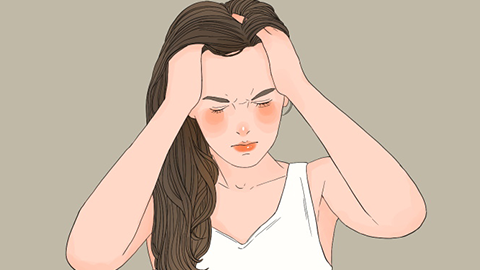Can depression cause insomnia and keep you awake all night?
Generally, whether patients with depression experience insomnia or stay awake all night depends on the severity of their condition and individual differences. The specific analysis is as follows:

Depression patients with more severe symptoms or high emotional sensitivity may suffer from insomnia and remain awake throughout the night. These individuals are persistently plagued by negative emotions such as low mood and self-blame, making it difficult for their brains to relax. They lie in bed repeatedly ruminating over distressing thoughts, leading to rigid thinking patterns. The harder they try to fall asleep, the more anxious they become, ultimately preventing them from falling asleep. Over time, this may even create a psychological suggestion of "fear of insomnia," further worsening sleep disturbances.
Patients with milder symptoms or better emotional regulation generally do not stay awake all night. Their negative emotions are relatively moderate and have less impact on sleep. They might only experience slightly delayed sleep onset, lighter sleep, or occasional early awakening. With self-adjustment and simple psychological support, most can maintain adequate sleep duration and avoid complete sleeplessness.
Avoid viewing stimulating content before bedtime; instead, listen to soothing music to help relax the body and mind. Keep the bedroom quiet and dark to create a comfortable sleep environment. Maintain a regular sleep schedule by going to bed and waking up at the same time every day, avoiding staying up late or oversleeping. Engage in mild physical activity during the day and avoid prolonged bed rest to compensate for lost sleep. In terms of diet, avoid spicy or stimulating foods, and refrain from drinking strong tea or coffee before bedtime. These measures can gradually improve sleep quality.






